Isn’t It Romantic?
Amanda Maister explores romance in children’s films and leaves us in no doubt that it is not what you think it is…
Romantic love is bad for you! Call me a killjoy, but it is bad for you and dangerous for your children. Luckily, like Prince Charming, I am here to rescue you; so put down the Barbara Cartland novel, chuck out the red roses and step away, while I explain why…
I grew up watching classic films such as Singing In The Rain, Top Hat and 42nd Street. These films dripped with a dreamy, soft focused glamour. Women were whisked off their feet for romantic dances, passionate embraces and heart-wrenching love songs. As you can imagine, real courtship turned out to be a huge disappointment for me, no dancing, ball-gowns or singing involved. I still find myself trilling ‘Nightingales Sang In Berkeley Square’ at the end of an evening, hoping someone handsome will sweep me off my feet to twirl me into a Busby-Berkely-inspired dance routine with matching outfits.
Looking back however, I can see that I was actually quite lucky as Disney was in a bit of a princess lull. Having given young girls Snow White and Cinderella it was a while before their more turbo-charged Princess Range was launched with its attendant 8 different princesses and merchandise to go along with it. But I can see the Disney effect quite clearly in children today. For a while whenever my friend’s daughter walked down a flight of stairs she would ask, ‘So am I married now?’ When we were away on holiday she told me we would be getting married and then we could have a child called Flower; all very romantic for a four year old! The penny dropped when we were watching Beauty and the Beast together. In one of the final scenes Belle, in a beautiful dress, floats, ladylike, down the staircase and into the arms of the Beast. My friend’s daughter turned to me and said, ‘So, is she married now?’
Am I just being an old grump, begrudging little children of day-dreams and happy endings? On the surface it sounds absurd to say that romance is dangerous but the role played by romance is more subtle and so harder to fight against. While we are increasingly aware of the toxic gender roles in many kids films, romantic love is a sly devil, selling us dreams and fantasies. And no one wants to ruin a child’s dreams, or our own. Romance is the velvet glove that is so seductive for us all. So just what is wrong with a little escapism?
Well, there are many negative effects of Disney and Hollywood’s hegemony. These fantasies are conservative, white and heterosexual. Hollywood is entertainment with an ideological undercurrent. ‘That’s Entertainment’ may be its slogan but actually Hollywood is incredibly powerful and so has always been used to push political ideas. Entertainment is actually the ideal place to push ideologies, and films aimed at children have historically pushed ideas maintaining the social status quo. Legendary Hollywood Producer Darryl Zanuck summed it up well: ‘If you have something worthwhile to say, dress it in the glittering robes of entertainment.’
“If you have something worthwhile to say, dress it in the glittering robes of entertainment.”
Business knows that if you can trap people when they are young, they are yours for life. Disney is a multi-media business and the films are an incredibly effective way to prepare children to be consumers – as children have not yet acquired the necessary cynicism to outwit Disney’s sugary propaganda. Once you have implanted the idea of romance into a child’s brain then you can use that to manipulate it in so many ways throughout their life. Women and girls are sold a dream, then sold the merchandise. Girls are shown that romantic love is the sole signifier of their success, identity and purpose. To succeed in this Disney romance you need the clothes, the dresses, the hair – the list goes on and on. As girls age the idea of the feminine ideal is twisted into what appeals to men sexually and these primed consumers are opened to a much wider market based on sexual appeal. At an age when little children are facing indoctrination from all levels and constructing their own fundamental views on the world and how it should be, Hollywood has a powerful door into their psyche.
“Women and girls are sold a dream, then sold the merchandise. Girls are shown that romantic love is the sole signifier of their success, identity and purpose. ”
Many of these modern stories are romanticised versions of older European fairytales that were much darker in tone. The Grimm Brothers’ versions of stories such as Cinderella, Sleeping Beauty and Snow White are dark and gruesome morality tales. They understood that children needed to learn some of the cruelty of life. In Cinderella when the stepsisters don’t fit into the golden shoe, one hacks off a toe and the other a heel. And their punishment for mistreating Cinderella is birds pecking out their eyes. Snow White is just seven years old when the huntsman takes her into the forest with orders to bring back her liver and lungs. Modern sensibilities find this unpalatable for children but I feel that the sickly sweet Disney versions are more harmful.
In the Grimm Brothers’ tales the women are as cruel, treacherous and intelligent as the men. Yet in Disney the woman is beautiful, feminine and above all passive. These traits are well rewarded with love and marriage, women rely on men to achieve their happy endings. Disney-loving girls are easily convinced that their Prince Charming is waiting for them somewhere out in the world. As Snow White put it, ‘one day my prince will come.’ In the more modern films the women don’t fare much better. Social pressure has led to improved gender roles but under the guise of romance Hollywood continues to peddle retrograde happy endings of marriage to a man and riding into the sunset. In Beauty and the Beast, Disney presents Belle as a more modern woman with real agency and intelligence yet even she can’t resist the allure of romance and is ultimately fated to marry her handsome prince in his castle as so many princesses before her. Frozen may start to buck this trend, but while Anna’s storyline plays on the idea of trusting the handsome stranger you hardly know, it still cannot fully reject romantic love.
So what is left for boys in all this frothy romanticism? Men may be given the active role of hero and prince but this is often bland and unrewarding. In the older Disney films the prince is almost faceless, sweeping the woman away at the end of the film. Women are turned into accoutrements and objects and alienated from the men that rescue them. Men lose out on the chance to learn about real relationships where they can be a supportive and equal partner. In later films, although the boys’ characters are better drawn, when it comes to romance they are still left spellbound by the girls charm, floating behind her in a trance, their eyes popping out on stalks. It reminds me of a friend at school who tried to woo the girls by writing them intense romantic poems and feeling confused when the girls just found them creepy.
“Where are the films that teach you that trust, loyalty and shared experiences are what builds love and relationships?”
So the make-believe world projected in films might actually be preventing true love in real life. Lasting adult relationships don’t involve princes or fairies (unless you are Meghan Markle.) If we see from such an early age that men should know what we want before we know or that your true soul mate is somehow pre-destined, then what hope do little girls or boys have of finding their adult relationships truly fulfilling. Where are the films that teach you that trust, loyalty and shared experiences are what builds love and relationships? There is no room for non-hetero relationships or the importance of friendships throughout your life. We have fallen in love with romance but not with each other!
We all need dreams and hope in our lives and Hollywood both feeds and feeds off that hope. I would much rather children were shown movies about rebelling, tackling authority figures or just plain adventures instead of trapping them in these soporific romantic tropes. The world doesn’t need anymore romantics, we need people who aspire to more than princes and happy ever after.
Sadly it is too late for me, you will still find me whistling Berkeley Square waiting for Fred Astaire to whisk me off my feet…
Amanda Maister is a photographer and feminist going incognito in the suburbs.


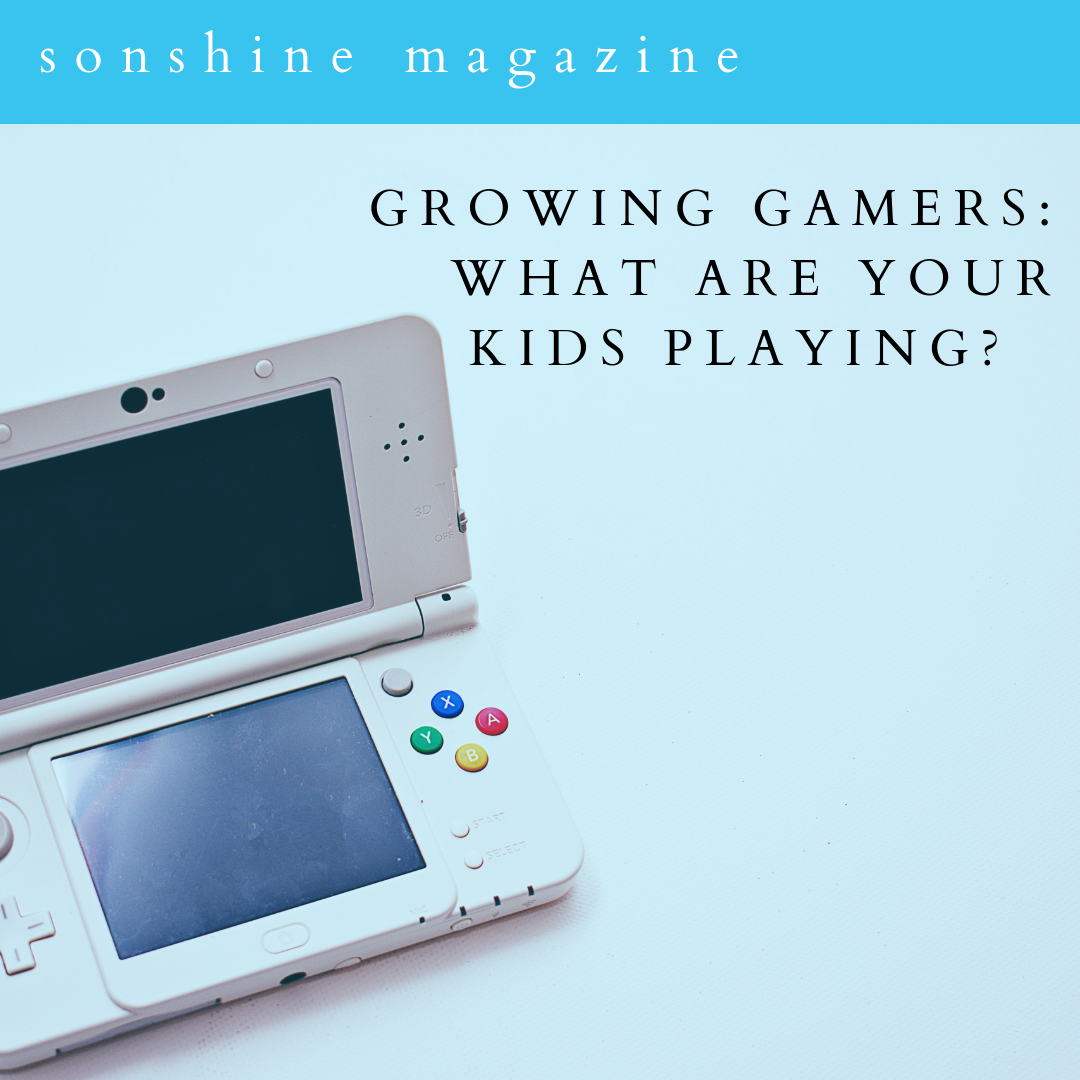
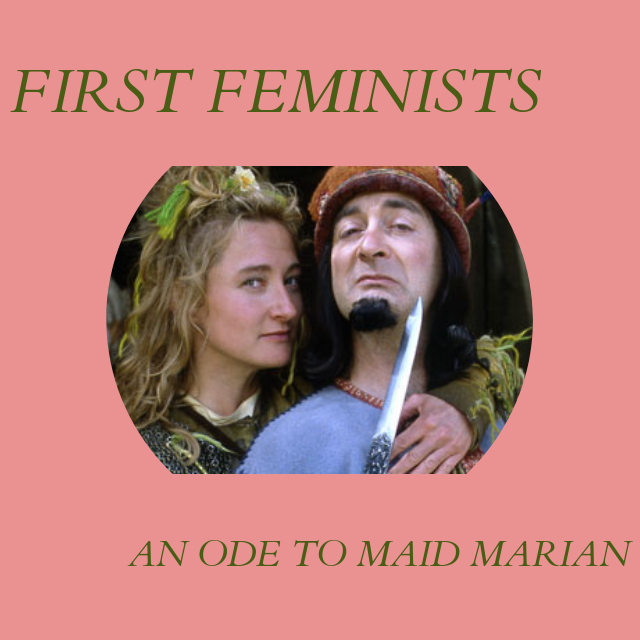
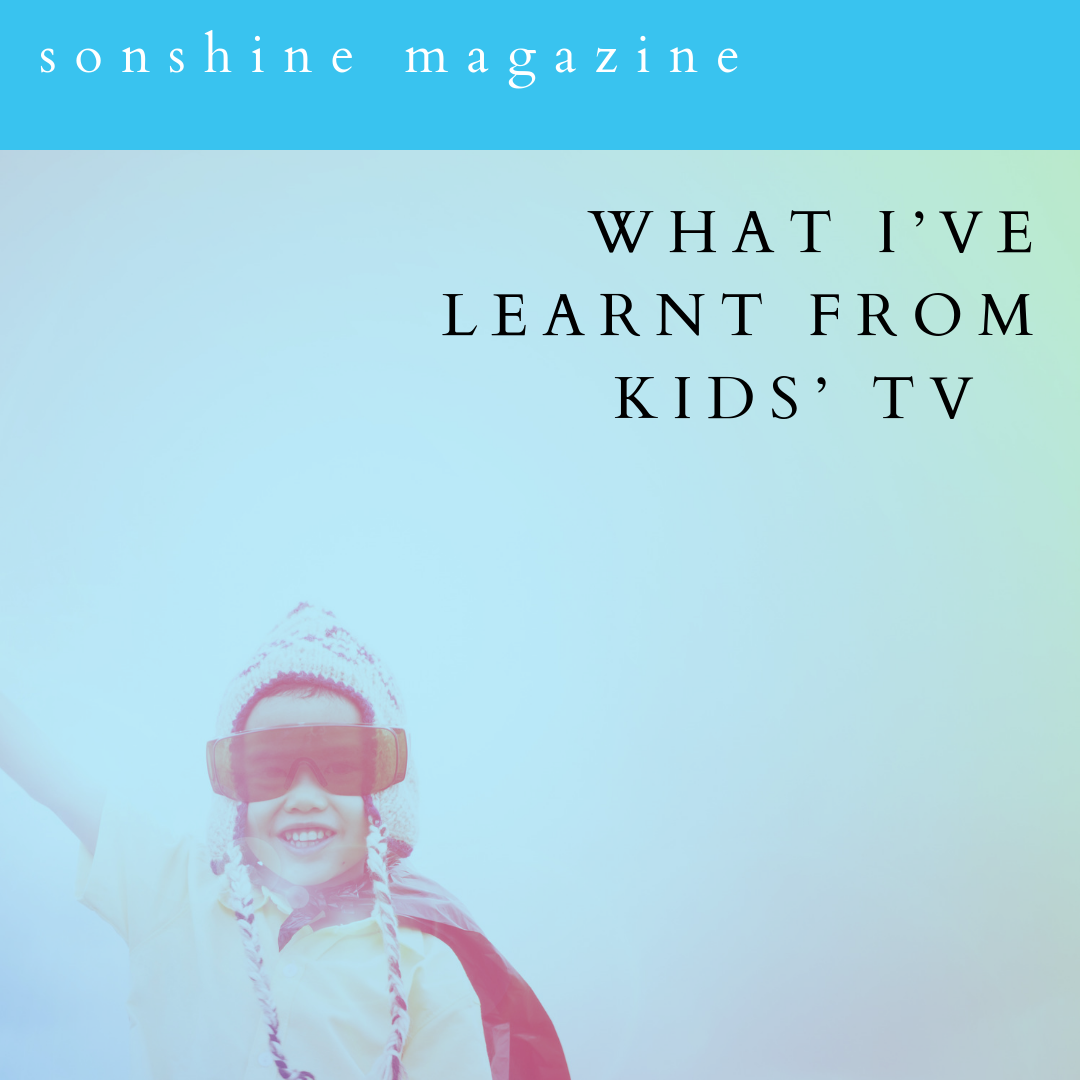
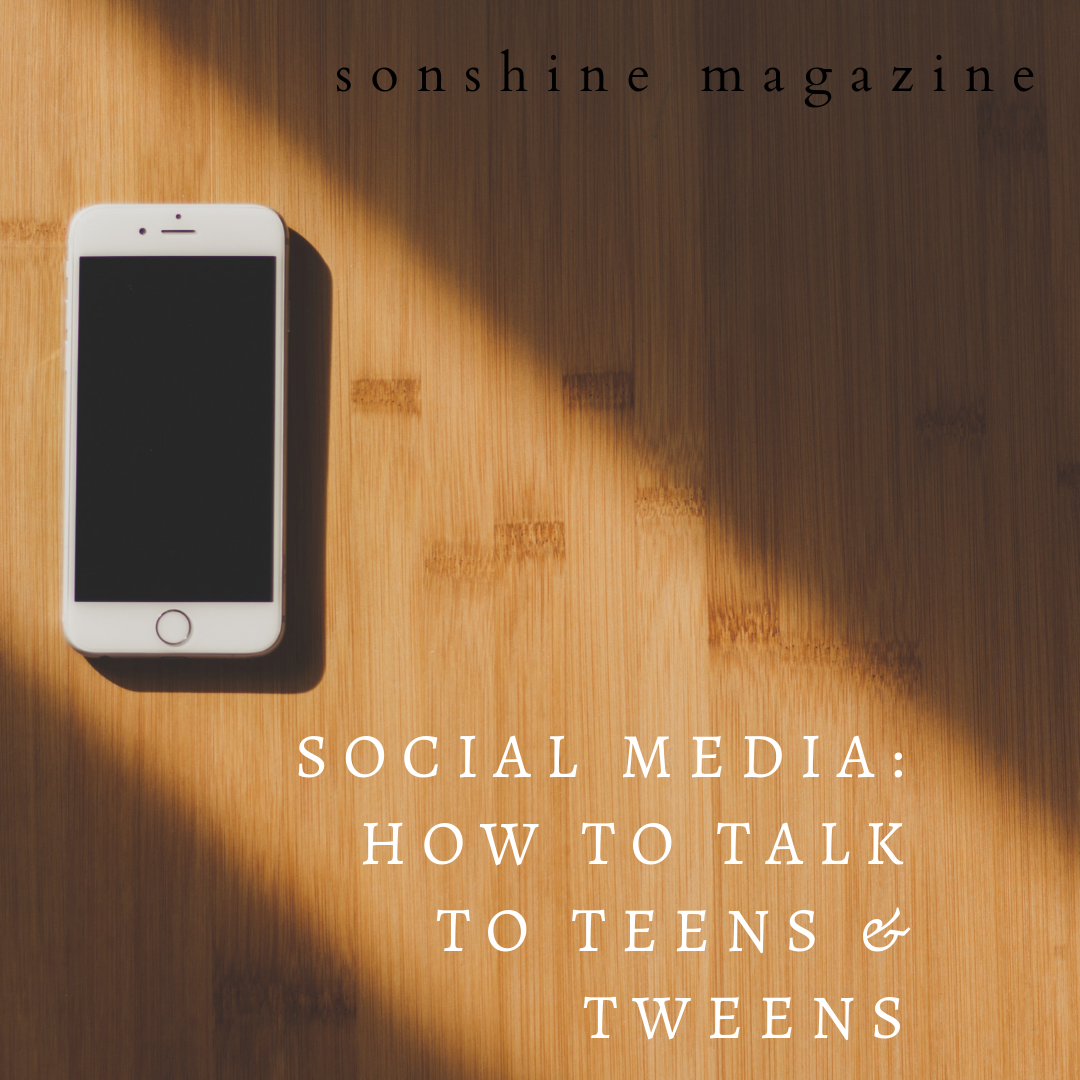



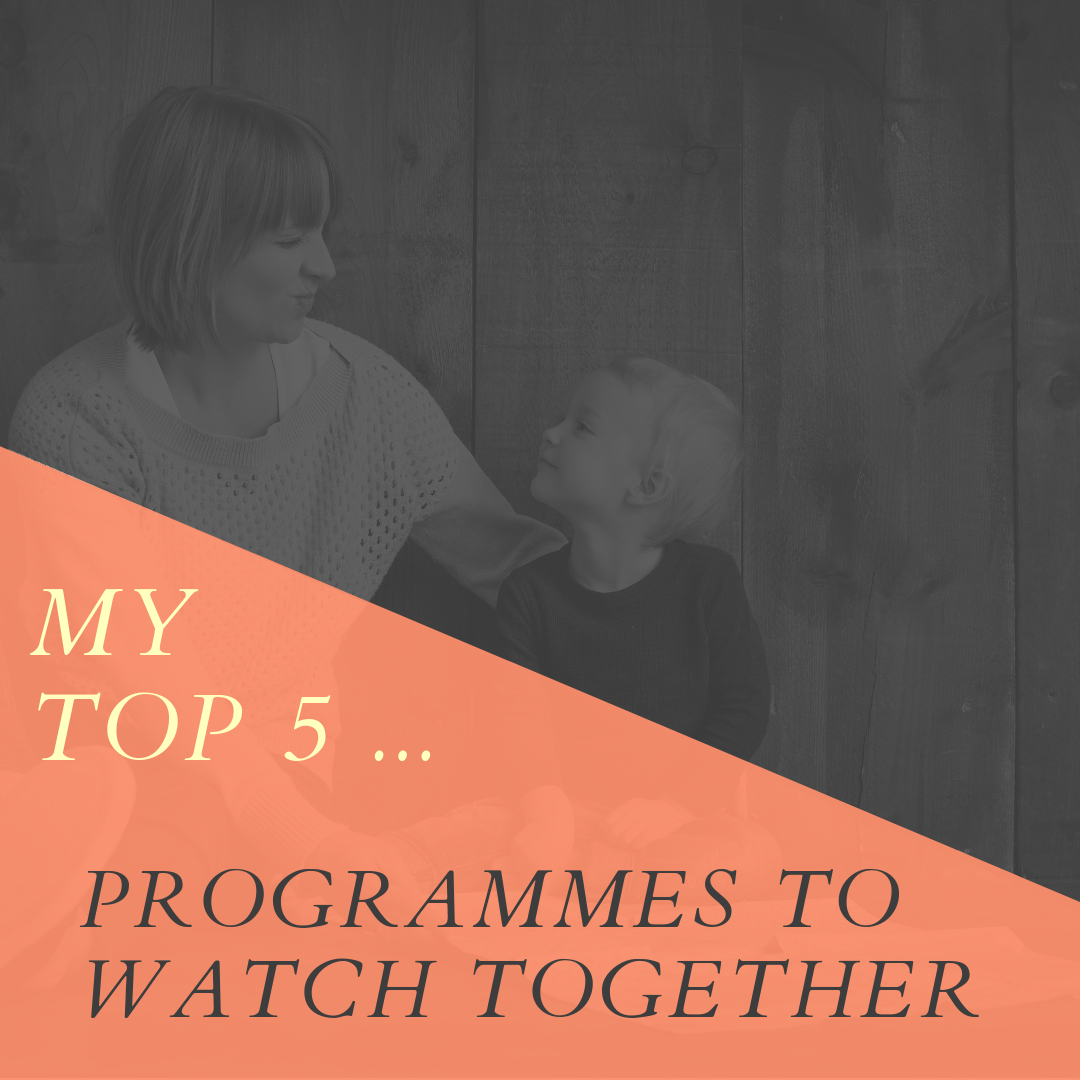
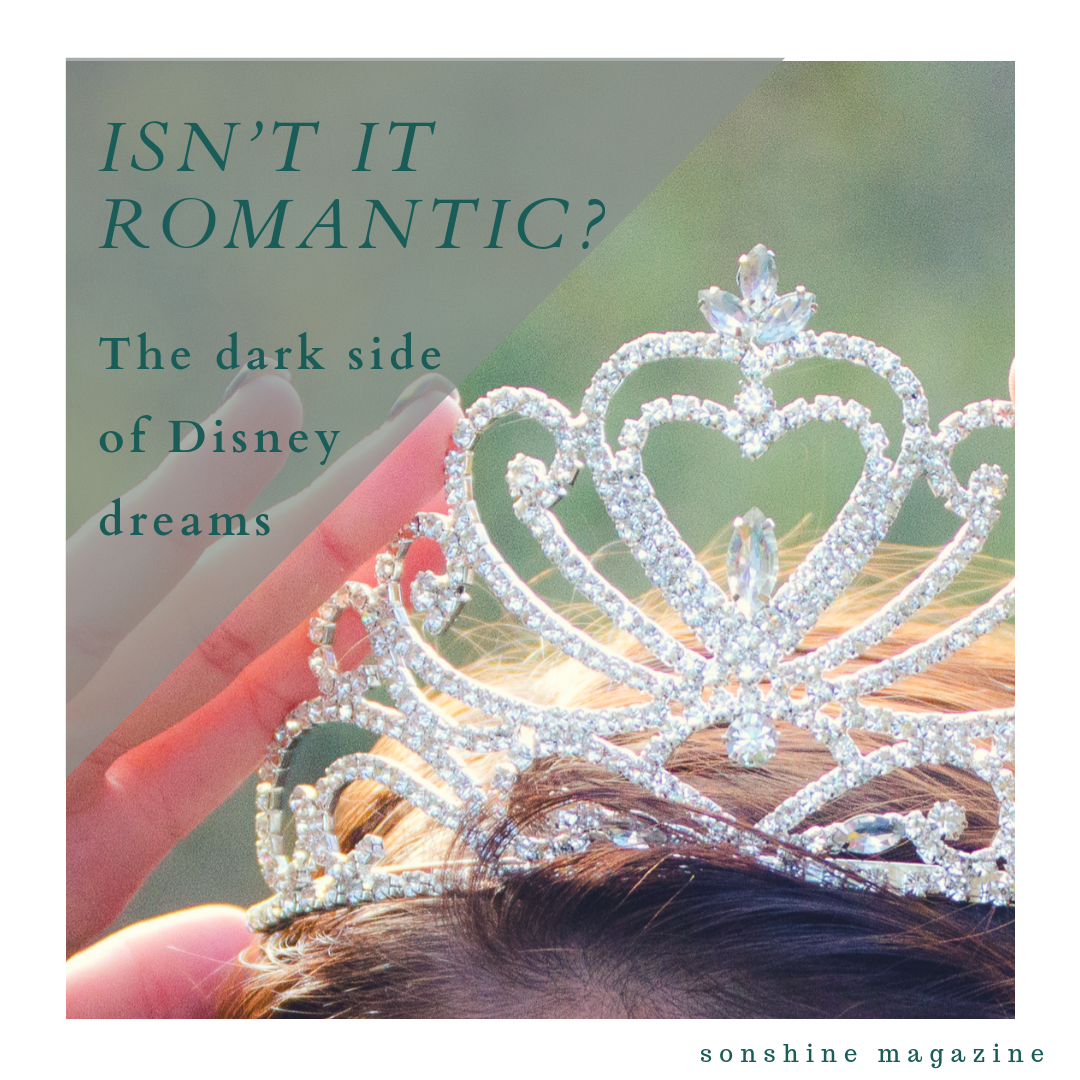
Kirstie introduces this issue of Sonshine – all about Screen time… From Disney dreams to Maid Marian, Social media tips to gaming for inclusion, we’ve got it all.